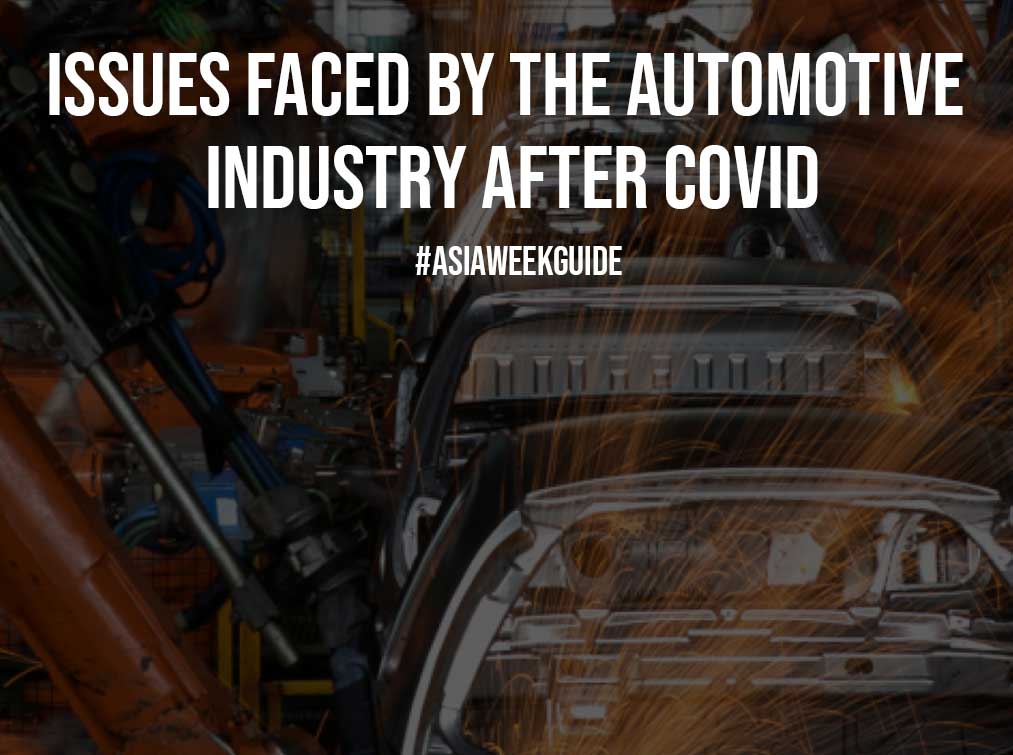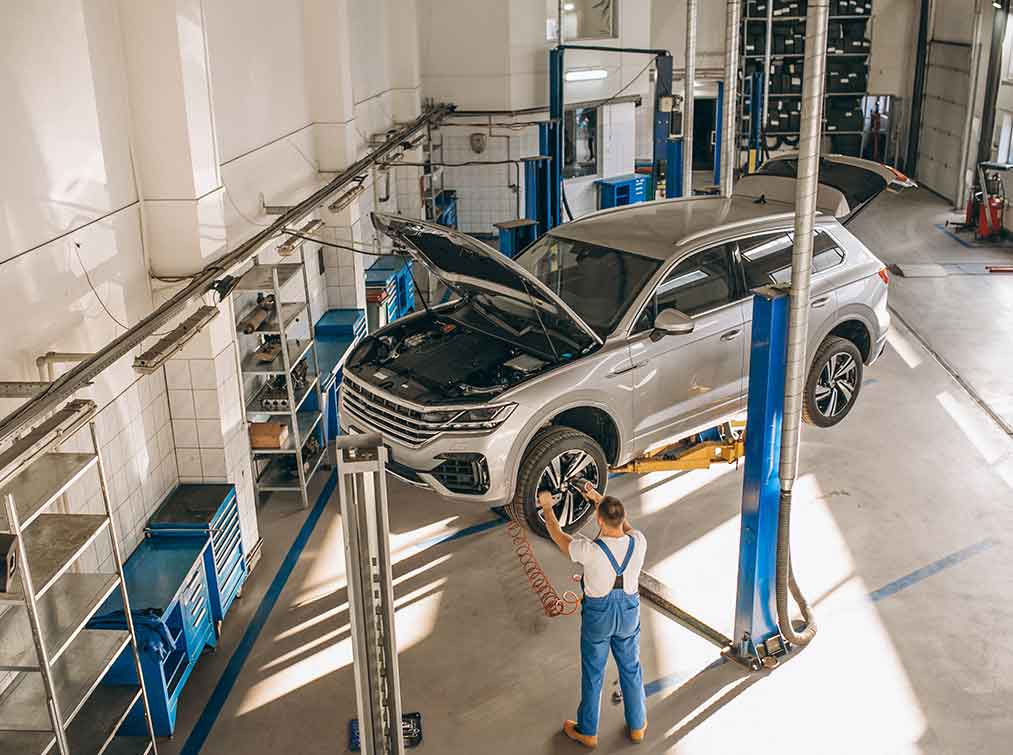Because of the coronavirus, the automotive industry was quickly and severely damaged, with effects that are still being felt a year later. COVID-19 has had a global impact on the economy and supply networks.

The automotive sector is dealing with six major difficulties as a result of COVID-19; read this article to know more.
1. Manufacturing Is Being Phased Out
One of the most pressing concerns confronting all manufacturing companies is, of course, social alienation.
How can we stay safe in close working situations in the age of COVID-19? As a result of this issue, a number of factories and assembly lines will close in 2020. In reality, some vehicle assembly plants began creating personal protective equipment (PPE) for medical applications.
Manufacturers may want to start automating procedures and outsourcing production. At the very least, this will ensure that there is less focus on manual control, lowering the risk of personal contact. As a result, even the tiniest and oldest automakers may consider using the Internet of Things (IoT).
PTFE machined parts are an integral part of the automotive industry. Buy these at affordable rates without compromising on the quality.

Also Read: How Cryptocurrency is Revolutionizing Financial Industry?
2. Reduced Car Sales
During COVID-19, reduced car sales surfaced as one of the industry’s most pressing issues. Due to lockdowns, social distance rules, and the closure of production facilities, the pandemic triggered a wave of financial losses.
The chance of a possible vaccination looked dim enough at the time, and car sales were at an all-time low due to the additional limitations.
This is hardly surprising; in the event of a pandemic, acquiring a vehicle would be the last thing on people’s minds. Excess inventory, excessive debt levels, and demand uncertainty have resulted from a lack of sales.
For pharmacy companies, it is best that they use pharmacy safes.
3. Supply Chain Disruption
COVID-19 caused an instant halt in current manufacturing, impacting supply networks all across the world.
Auto supply chains are frequently dispersed across geographies; with each country implementing its own procedure in the aftermath of the pandemic, supply chain management suffered a significant setback, becoming one of the most pressing difficulties facing the automobile industry during COVID-19.
Because of the bottleneck in chip manufacturing and the reintroduction of electric mobility, automotive supply chains have already been subjected to disorder and instability.
The pandemic exposed the vulnerability of conventional supply chain analytics, demonstrating that the only way ahead for automotive firms is to increase transparency through automatic modes and other agile approaches.

4. The Remote Work Revolution
People are driving less as more organizations adopt remote work. This means that automobiles will be used for weekends and shorter journeys rather than commuting. People who drive fewer kilometers are more likely to maintain their cars longer and buy fewer cars in their lifetime.
Cars are for adults, but what about babies? You can buy a baby stroller OEM for your baby.
5. Change In Customer Behavior
Consumer purchasing patterns have shifted significantly as a result of the economy’s collapse, price increases, and the general status of public health and finances. To begin with, owning a car was the last thing on everyone’s mind amid a crisis like the pandemic.
Consumers backed out of making vehicle purchases due to a lack of funds and uncertainty about the future, which became one of the automobile industry’s biggest issues.
Due to the strict process in place during lockdowns, buying vehicles through offline showrooms was nearly difficult for those who could afford it.
To fight this, many automakers attempted to go offline after COVID-19, providing customers with short-term subscription-based lease models, digitizing automobile transactions, and adopting a variety of other measures to regain consumer confidence.
6. Lack Of Cash
Last year, the automotive industry’s main concern was liquidity. The epidemic regime underlined once again that cash is king. OEMs were forced to operate on low liquidity as a result of production shutdowns and plummeting sales.
Many small-scale automobile businesses are likely to close due to a lack of funding. During COVID-19, cash reserves were at an all-time low, and the situation is unlikely to improve very soon.
Also Read: Some Factors Affecting Bitcoin Price
Conclusion
Nobody can anticipate Covid-19’s effect over the long haul; however, it’s not all hopeless regardless of the vulnerability. Organizations that focus on their purchasers, keep costs in charge, and advance their plans of action will continuously have potential outcomes.
Many industries, especially the automotive industry, may be able to recover quickly depending on how quickly we can conquer the Covid-19 virus.
Experts predict that the automotive industry will be riddled with hazards and obstacles for some time and that it will take years to achieve pre-pandemic levels of success.
Automotive businesses must work to resolve existing difficulties through strategic actions in the next few years.
First, selecting digital modalities and providing consumers with ease may be effective. Automakers must also transition from traditional manufacturing methods to automated working procedures while maintaining flexibility.

